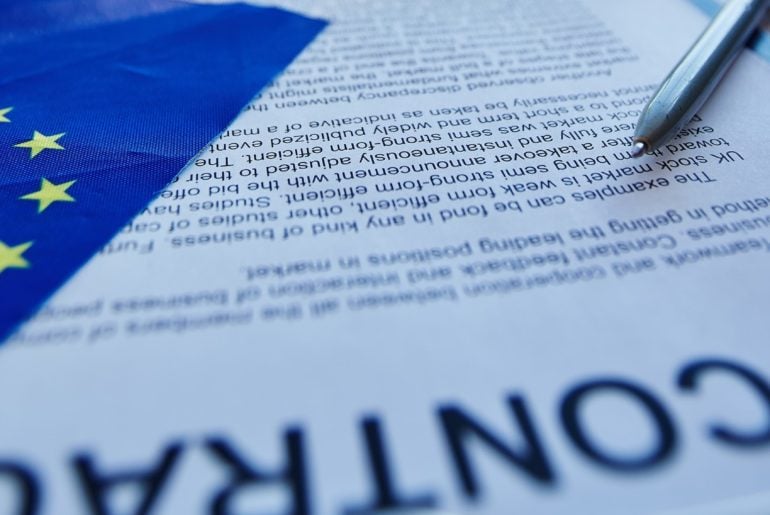The European Commission (“EC”) recently issued its revised standard contractual clauses for data transfers to third countries (“Ex-EU SCCs”) and a companion set of standard clauses for controllers and processors in the EU/EEA (“Intra-EU SCCs”). Both are now published in the Official Journal. The following is an introduction to the core elements of the Ex-EU SCCs and a brief overview of the Intra-EU SCCs. Legal Context The Ex-EU SCCs are a mechanism that companies can…
In
Data Privacy
The New European Commission Standard Contractual Clauses: What you need to know
by Brian Hengesbaugh, Michael Egan, Magalie Dansac Le Clerc, Joanna De Fonseka, Elisabeth Dehareng, Lothar Determann, Francesca Gaudino, Dr Lukas Feiler, Dr. Maximilian Raschhofer, Stephen Reynolds, Dr Michaela Nebel, Radoslaw Nozykowski, Yann Padova, Paul Glass, Patricia Pérez, Raul Rubio, Prof. Dr. Michael Schmidl, Benjamin Slinn, Harry Valetk, Dr. Csaba Vári, Julia Wilson, Cristina Messerschmidt, Gary Hunt, Simone (Bach) Rieken LL.M., Dominic Panakal and Florian Tannen
6 Mins Read








